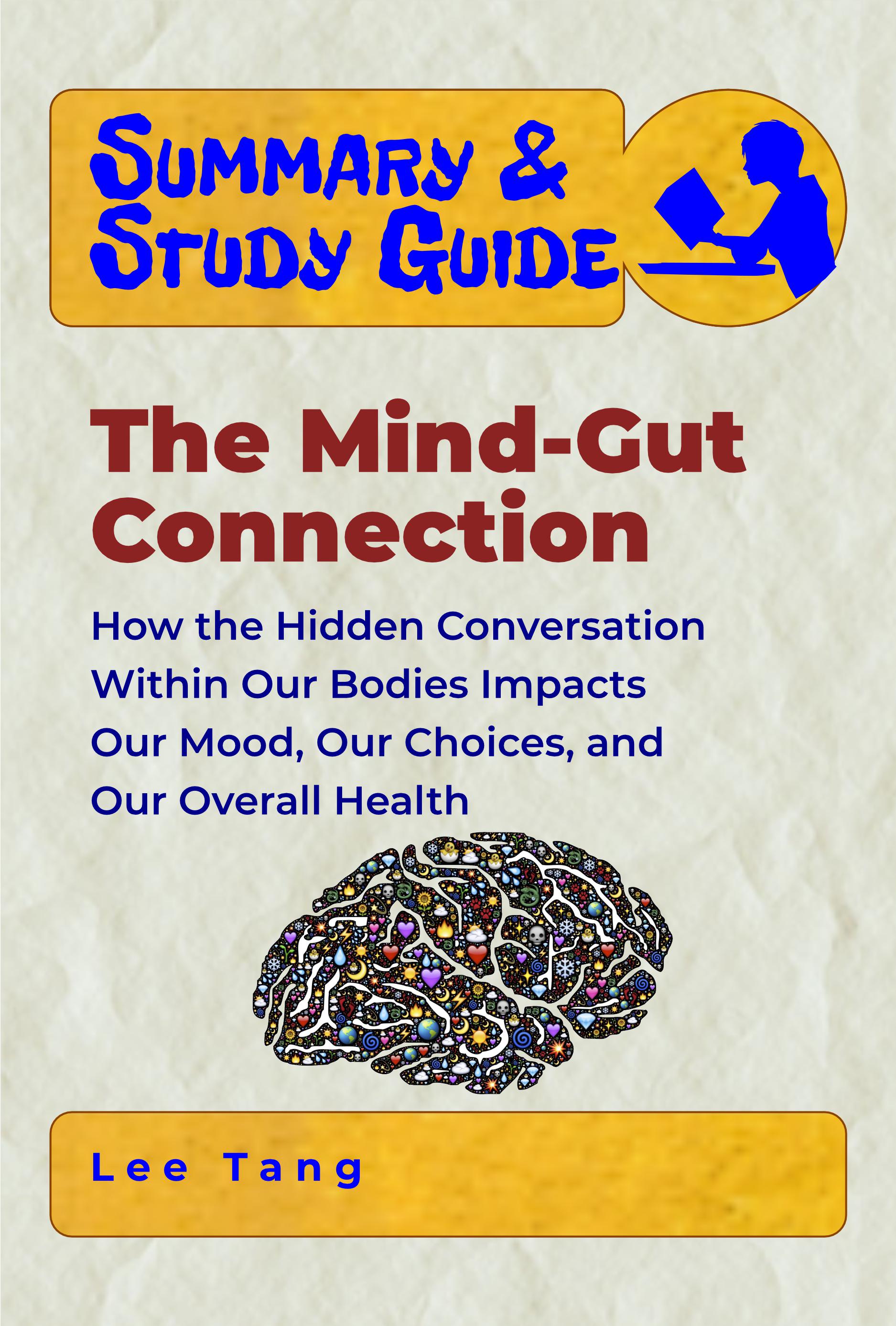
This simple lifestyle change can help you lose weight and decrease the risk of chronic illnesses and neurodegenerative disorders.
The must-read summary of “The Mind-Gut Connection: How the Hidden Conversation Within Our Bodies Impacts Our Mood, Our Choices, and Our Overall Health,” by Emeran Mayer, MD.
For many years, doctors looked at the human body as a complex machine with independent parts. Disease was a breakdown of a single organ or gene that can be fixed through medication or surgery. There was no need to understand its cause. This model has worked for certain acute diseases but failed in treating many chronic and neurodegenerative disorders.
Today, we realize that the complex regulatory mechanisms that keep us healthy do not operate independently. Our brain, our gut, and the gut microbes communicate with one another constantly to keep us healthy. When this communication channel is out of whack, major health problems can result.
In The Mind-Gut Connection, Dr. Emeran Mayer offers a cutting-edge view of the emerging science of gut-brain communication. He teaches us how, with a few changes to our diet and lifestyle, we can lose weight, develop a happier mindset, and reduce the risk of neurological diseases such as Parkinson's and Alzheimer's.
This book redefines what it means to be healthy and provides practical steps to achieve that goal.
This guide includes:
Value-added from this guide:
You can recognize emotions on other people's faces because the brain sends a distinct pattern of signals to the small muscles of the face. It also signals other parts of the body, creating a coordinated response to every emotion you feel. When you're stressed, for example, your facial expression shows it, your stomach ties up in knots, your heart beats faster, and your neck and shoulder muscles tighten. The reverse happens when you're relaxed.
The brain communicates with the gut through the vagus nerves. Signals from the brain cause an increase or a decrease in gastrointestinal contractions in the upper and lower GI tracts. While some people experience no noticeable gut reaction, others have symptoms including nausea, stomach cramps, and diarrhea. Many people suffering from brain-gut disorders do not know their gut problems reflect their emotional state. If an endoscopy reveals nothing serious, like gut inflammation or a tumor, doctors often recommend special diets or pills to normalize abnormal bowel habits without addressing the real cause of the get reaction.
| Language | Status |
|---|---|
|
French
|
Already translated.
Translated by Louise Chaumont
|
|
|
Author review: Excellent quality and timely delivery. |
|
Italian
|
Translation in progress.
Translated by Carla Arrigo
|
|
Portuguese
|
Already translated.
Translated by Ariane Zabaleta
|
|
Spanish
|
Already translated.
Translated by Jeannette Antezana
|
|
|
Author review: Excellent quality! |